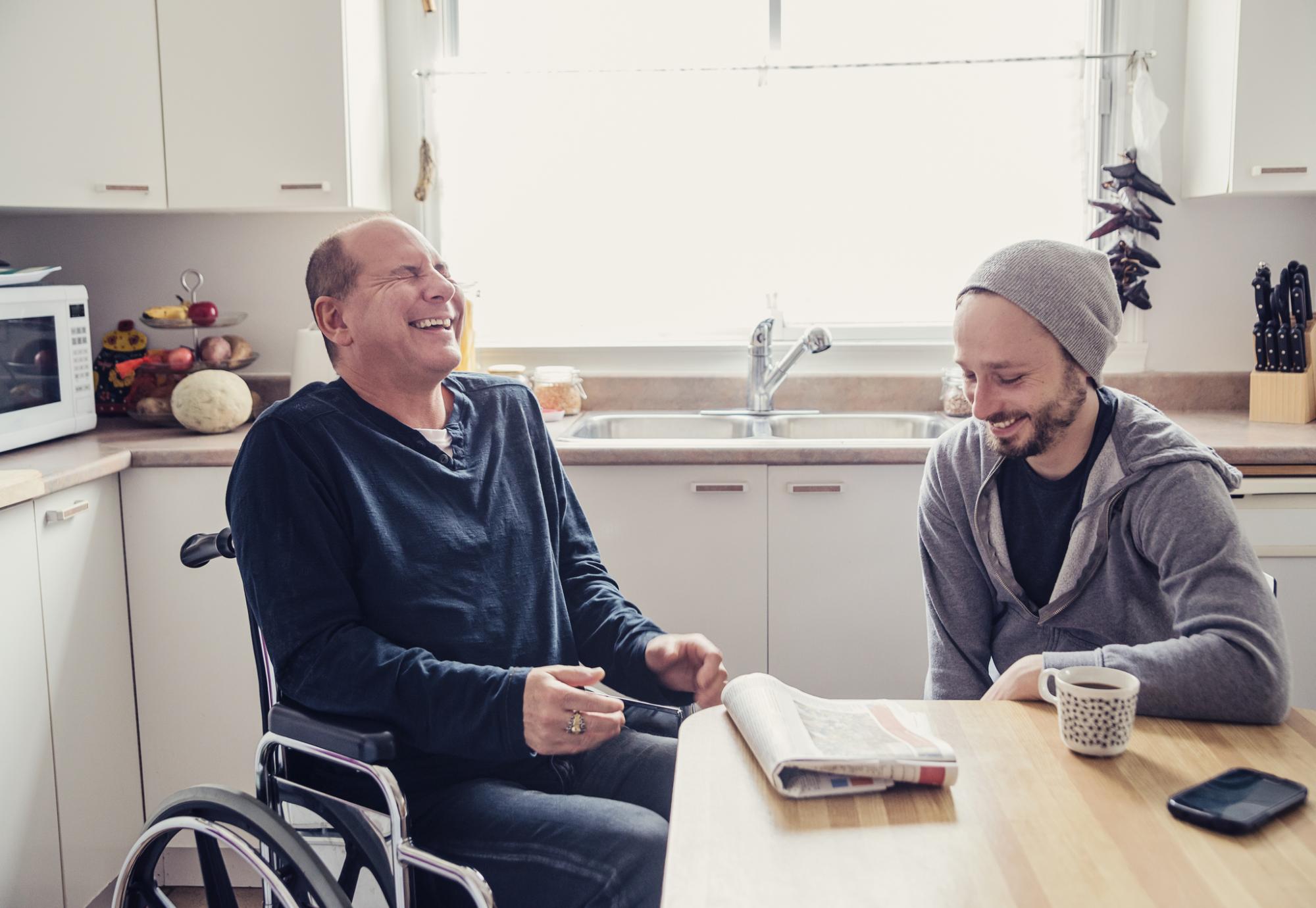With lockdown ending and life reopening, it’s a time of optimism for the nation. But for those whose lockdown began long before Covid-19, not everyone is feeling as positive about the future.
In June, it will be 10 years since the abuse of people with learning disabilities and/or autism at Winterbourne View came to light. Undercover filming by the BBC showed, among other things, some of the most vulnerable patients at the hospital being pinned down, slapped, taunted and teased. These sickening actions brought with them a drive for change, ultimately resulting in the introduction of the Transforming Care initiative.
Through this programme, the Government is legally directed to reduce the need for people to live in clinical settings – often secure hospitals – and ensure an improved quality of life.
While some progress has been made, the numbers living in inappropriate settings has remained largely static.
A recent report by the Association of Directors or Adult Social Services and the integrated housing and care provider Home Group, reveals that, even now, people with complex care needs are being denied the right to housing that we take for granted.
New Dialogues: Transforming Care goes on to call for an immediate review of current housing rights for people with learning disabilities and/or autism, including those with significant mental health issues.
The report highlights a need to strengthen their right to live at home; their right to remain at home following a change of care needs; and their right to be discharged home after time in hospital.
Indeed, the average hospital stay for people who fall under the Transforming Care banner is around five years – with one in ten having a cumulative stay of more than a decade.
Read the full discussion paper on Transforming Care
More than 2,000 people are currently ‘forced’ to live in this type of inappropriate accommodation, usually those with the most serious care needs, and there is often limited care provision in their local area resulting in them moving far from home, support networks and family.
In 2019, the NHS Long Term Plan outlined a clear aim to reduce inpatients by half but not enough has been done since to achieve this, Rachael Byrne, Executive Director of New Models of Care at Home Group, explained: "There are many reasons why we haven’t seen the required numbers of people moving into community-based homes and care settings - and I’m certainly not saying it’s an easy process.
"Whether it’s having the correct house type, fears from the community, the ability to set appropriate rent levels or having the required skillsets to deliver the level of care needed, there are many hurdles which can take months to navigate each time.
"But making the decision to deliver a home and clinical care for people in this group was not only one we wanted to take, and felt we could add value to, it was something we felt morally that we just couldn’t ignore."
It takes exceptional planning, development and expertise to do this well. Home Group have implemented a clinical infrastructure which without it, and the expertise of its clinicians, they couldn’t have managed the risk involved or been able to design homes around individual needs.
As well as the care side of the organisation, it’s Home Group’s housing expertise that combine to bring a new perspective and fresh ideas to the existing Transforming Care process.
With a development team behind them, for example, they are able to purchase and develop specific homes that allow customers to be near their loved ones and part of a community.
Rachael continued: "It’s been an organisation-wide response to this challenge and to each individual customer, that’s what I feel sets us apart.
"Between September and December last year, we welcomed our first five people into their new homes – that’s five people who were able to celebrate Christmas at home rather than on a hospital ward – and we’re working with 20 more customers currently in hospitals who we aim to have in their new homes this summer."
The relationship between housing, care and health is fundamental to getting this right and collaboration is key as you simply cannot afford for any of the partners involved to not play their part.
It’s a significant challenge and one where the risk is great, but the rewards are even greater.
Nearly 10 years since Winterbourne View, and people with complex needs are still having to sacrifice their right to live independently. Central to this is an appropriate home, with personalised care, where they can live safely and thrive as members of their communities.
With a new perspective and a diverse mixture of specialist skills, Home Group are aiming to work with the NHS and local authorities to offer homes and appropriate care for people who, otherwise, will continue to live in purgatory long after the rest of us have re-joined the world.



















